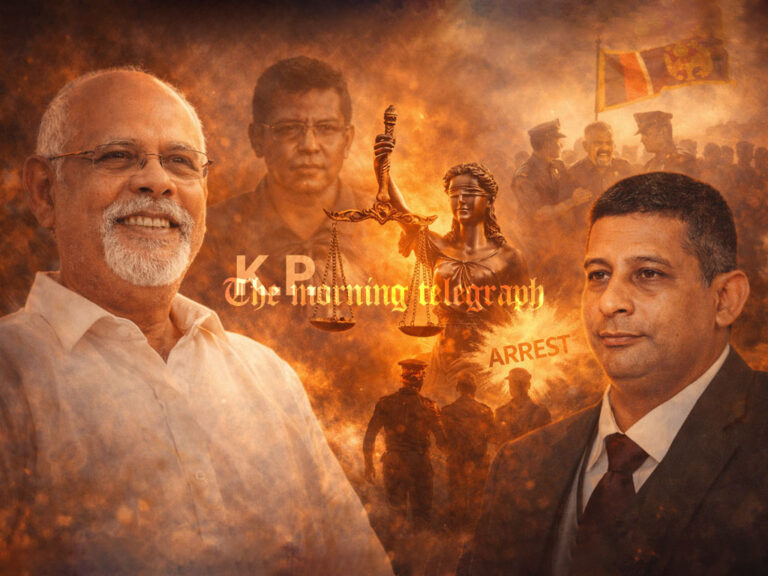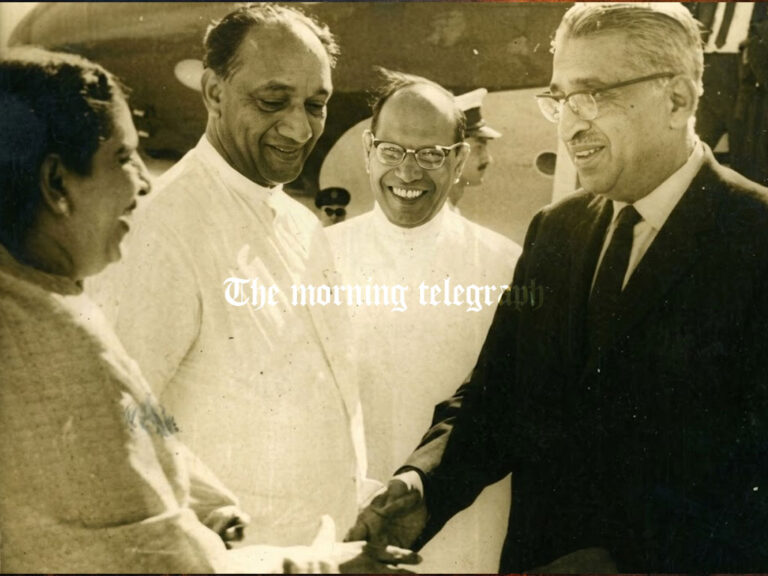
Gazette Notification Caps Presidential Campaign Spending at Rs 109 Per Voter
COLOMBO (August 19, 2024) — The Election Commission of Sri Lanka has released a much-anticipated gazette notification, setting a strict cap on campaign spending for the upcoming presidential election. Each presidential candidate is now limited to spending a maximum of Rs 109 per registered voter on their election campaign.
This spending limit, introduced under the Election Expenses Regulation Act No. 3 of 2023, aims to ensure fair competition and prevent excessive financial influence in the electoral process. The decision on the expenditure cap was reached after extensive consultations with candidates from recognized political parties, independent candidates, and other stakeholders.
Each candidate is permitted to spend no more than Rs 109 for every registered voter listed on the electoral roll, a measure designed to equalize campaign opportunities and restrict undue financial advantages. The maximum total amount that a candidate can spend on the campaign is Rs 186.82 crore, a figure derived by multiplying the per-voter spending cap by the total number of registered voters.
Out of the total allowed expenditure, 60%—amounting to Rs 112.09 crore—can be directly used by the candidate for campaign activities such as advertising, rallies, and voter outreach. The remaining 40%—approximately Rs 74.73 crore—can be allocated to the political party’s central campaign or distributed to supporting organizations and voters who are actively involved in the campaign.
Candidates are required to submit a comprehensive expenditure report to the Election Commission within 21 days after the election results are announced. This report must detail the sources of funds, how the money was spent, and ensure that all expenses fall within the legal limits. The Election Commission has emphasized that any delays in submitting the report or inaccuracies in the reported figures will be treated as legal violations, punishable under the provisions outlined in the Election Polling Act.
This new regulation is seen as a significant step toward ensuring transparency and fairness in the electoral process, preventing any single candidate from gaining an undue advantage through excessive spending.




